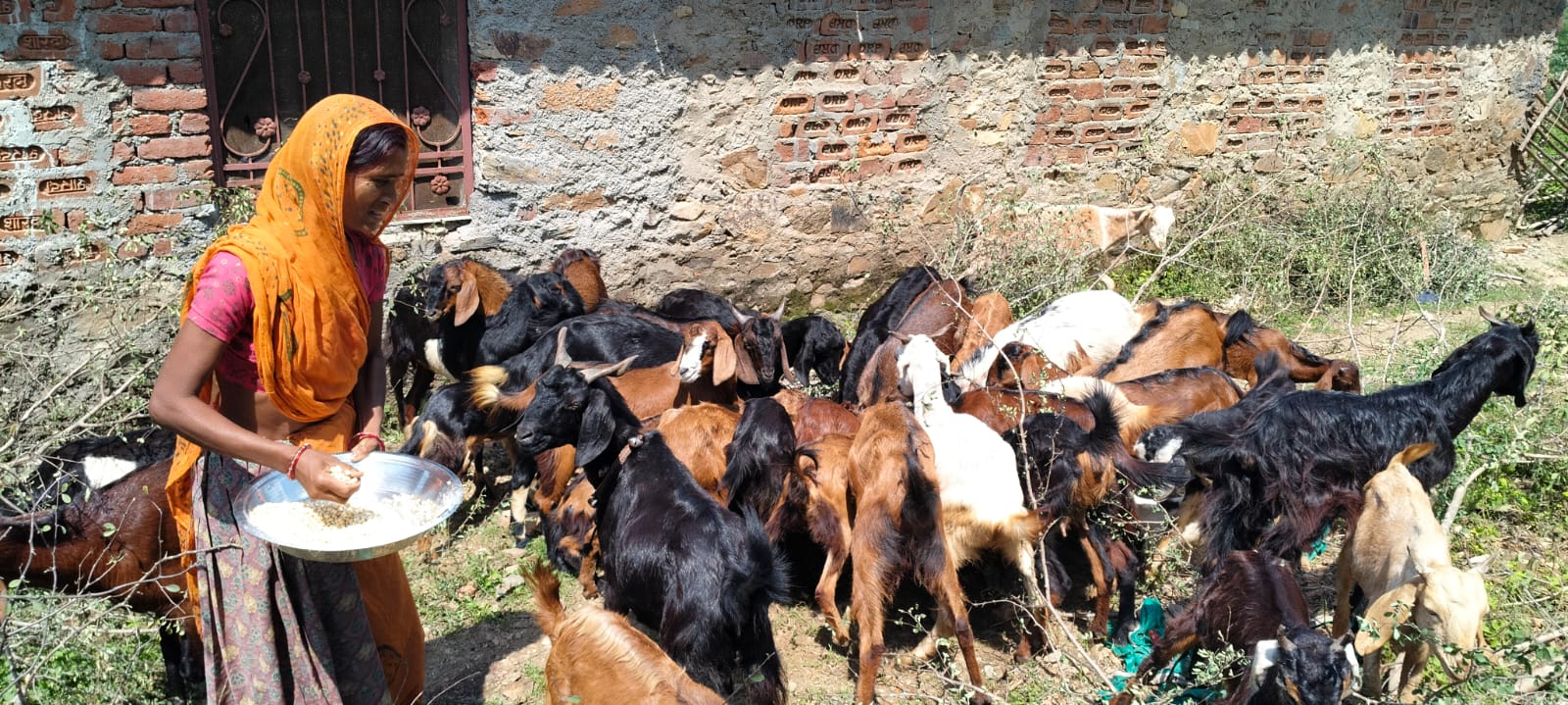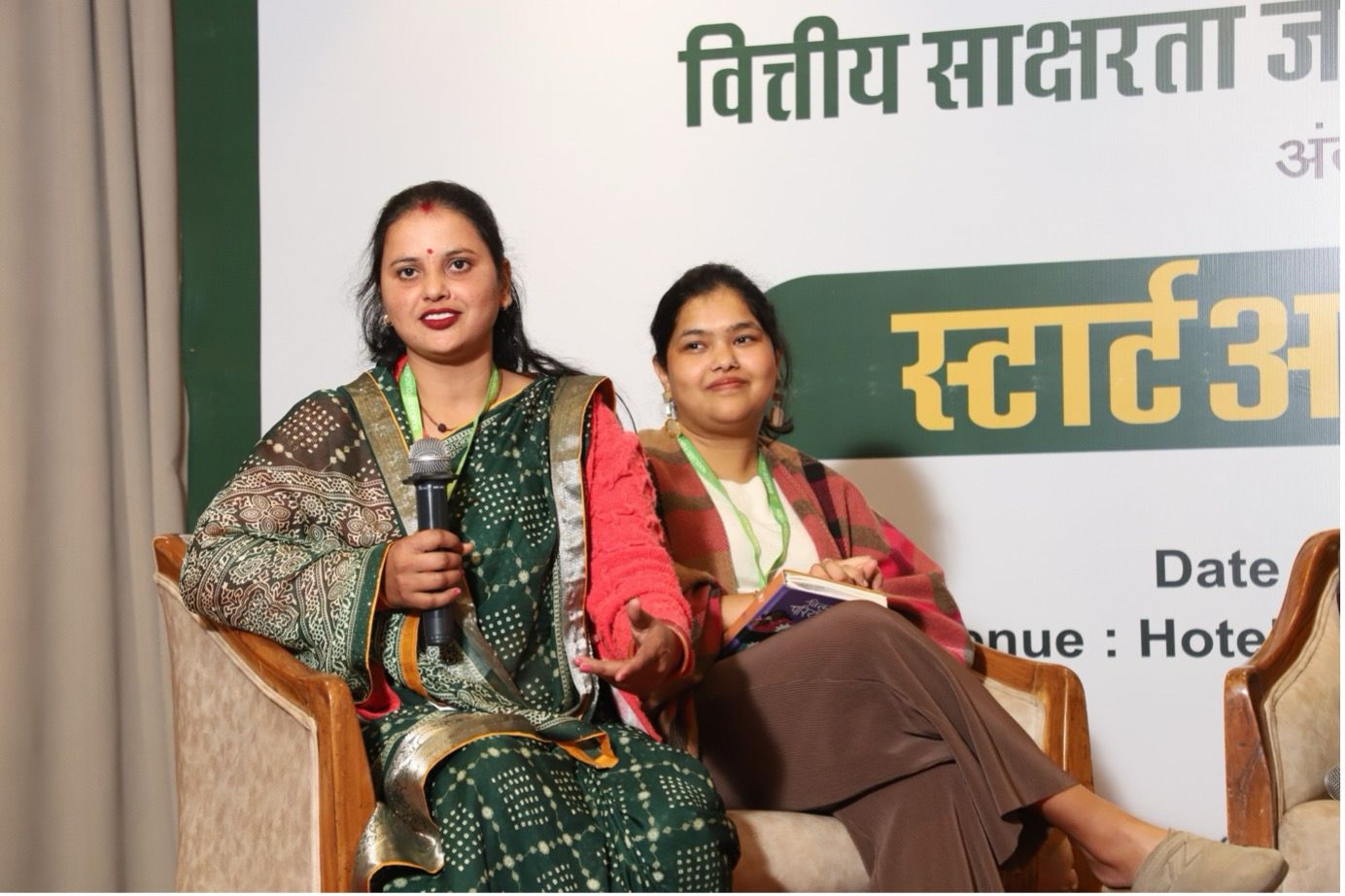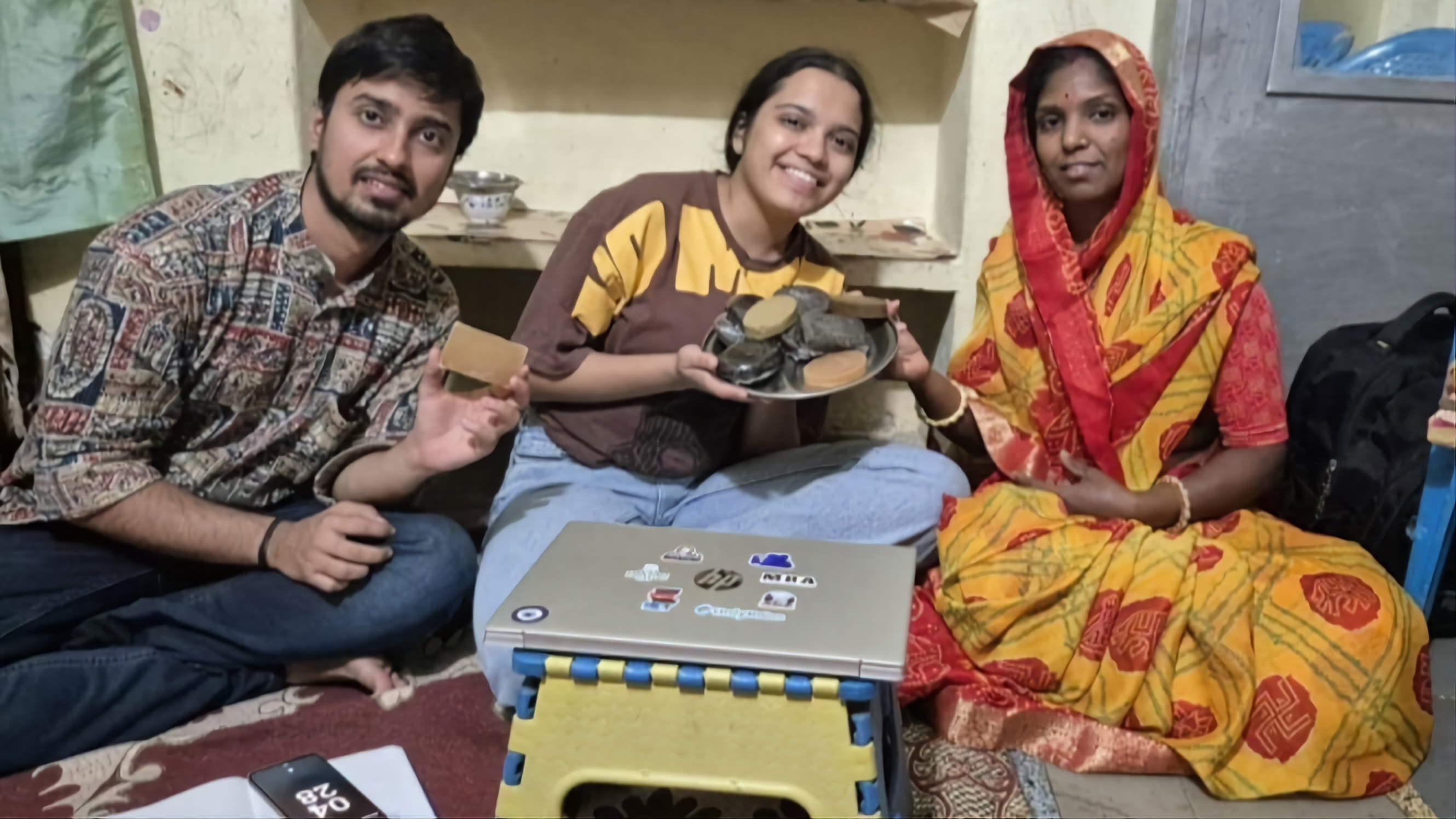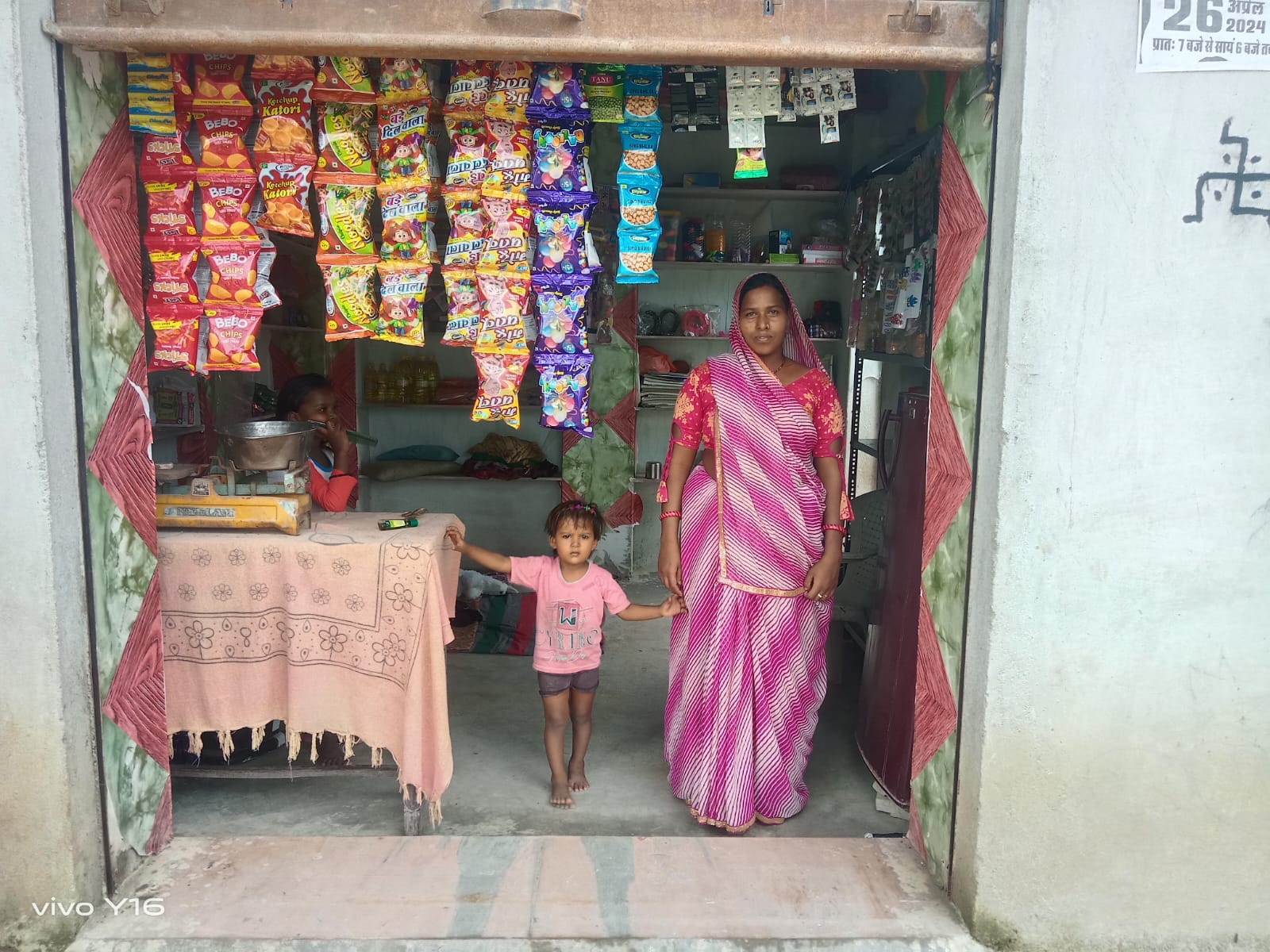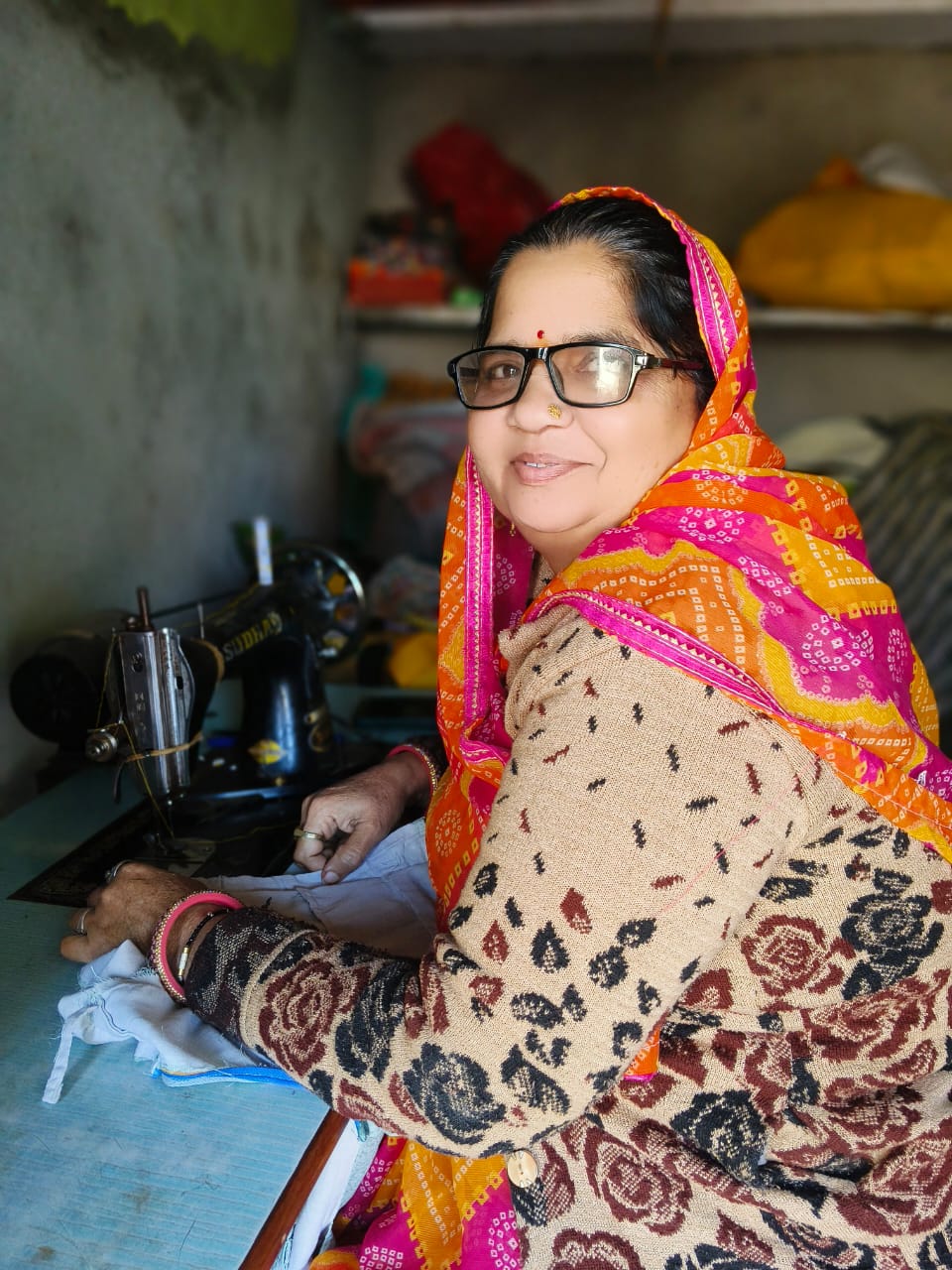
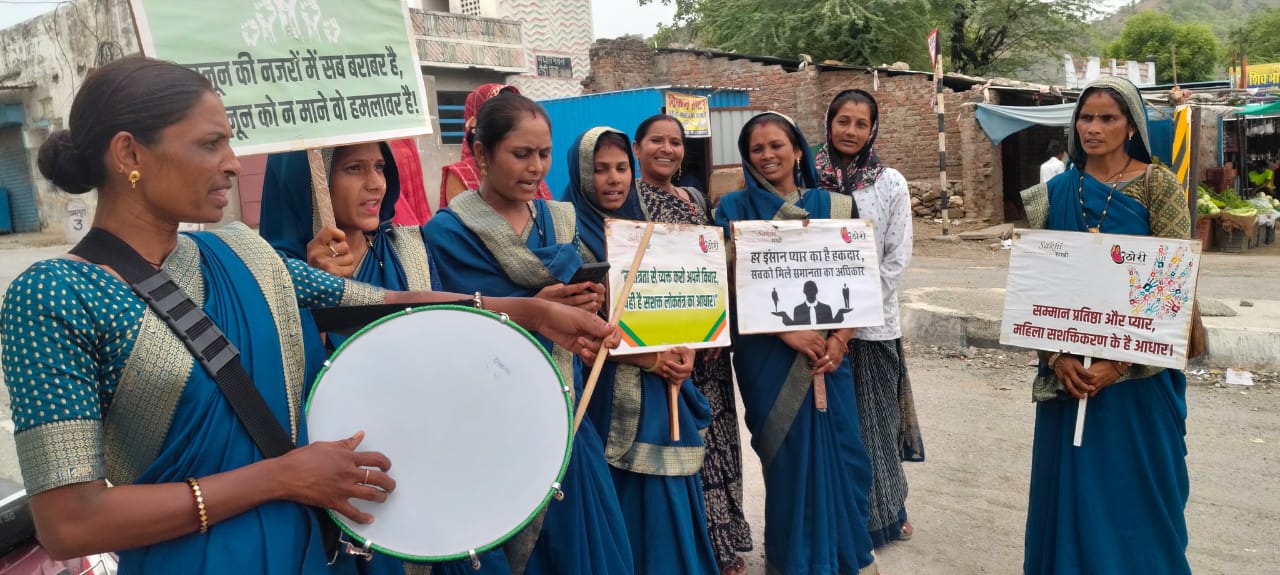
Taking Center Stage: How Rural Women Are Using Theatre to Drive Social Change
In the villages of rural Rajasthan and Uttarakhand, a new chapter of change is being unfolded. What began as simple saving circles has evolved into a powerful movement where women are taking center stage- literally _to address social issues and drive community change. The process began with formation of Uthori Jagruti Sakhi Manch.
Uthori Jagruti Sakhi Manch is formed in Sakhi program, which is an initiative aiming to transform the lives of rural women. It is being implemented in villages of Ajmer, Bhilwara, Chittorgarh, Rajasmand and Udaipur districts of Rajasthan and Pantnagar district of Uttarakhand. Sakhi is being implemented by Manjari Foundation with the support of Hindustan Zinc Limited
The Journey Begins: Formation of Uthori Jagruti Sakhi Manch
Women in remote rural villages first came together as part of self-help groups and saving and credit circles These groups started as support networks where women could save money, access small loans, and share their daily concerns and struggles. The initial goal was simple: put aside money for difficult times and invest in enhancing livelihood activities. But something beautiful happened as these community institutions strengthened. These women began investing in their livelihoods and their families' futures. They started new micro-enterprises, expanded their livestock, invested in their children's education, built better homes, and covered healthcare expenses. Economic empowerment was opening doors for new opportunities.
Taking Ownership: From Personal to Community Change
Once these women crossed a certain threshold of confidence and financial stability, something shifted. They began looking beyond their immediate needs toward broader social issues affecting their communities. This transition marked a crucial turning point--when communities take ownership of their problems, the solutions tend to be both long-lasting and widely accepted.
Theatre as a Tool for Transformation
The introduction of theatre as a medium for change proving to be groundbreaking, though not without its challenges. Learning songs and acting wasn't easy for women who had rarely ventured beyond their homes. Simply speaking up in meetings and raising concerns was a significant step that took considerable time to achieve. Through a series of training sessions and mentoring support, these women learned to prepare small acts and songs, slowly building their confidence and skills. The investment in this creative approach is now bearing fruit in remarkable ways.
Village Stages to Tourist Destinations
The progress has been extraordinary. After just five days of theatre and song training, one group felt confident enough to perform live at a busy tourist location in Udaipur. The audience was captivated, and the women had successfully grabbed attention for their causes.
Today, theatre groups at the local level are choosing their own issues, writing scripts, and performing wherever they can-on streets, in meetings, at functions, and during festivals. They have become their own advocates and storytellers.
The Future is Limitless
With this powerful tool in their hands, these women face no limitations. They're ready to explore various occasions and platforms to present their stories and drive the change they want to see in their communities.
Farida, a Sakhi Jagruti Sakhi Manch member says, "Uthori and Jagruti Manch has helped me to speak up, gave confidence to come on the stage, sing and act to raise awareness on women 's rights."
A Model for Social Change
This journey from savings groups to social change agents demonstrates something profound: when women are given the right support and tools, they don't just transform their own lives-they become catalysts for community transformation. Theatre has given them a voice that reaches far beyond village boundaries, carrying their messages of change to audiences they never imagined they could reach.
What started as small saving and credit groups has become a movement that's rewriting the narrative of rural women's potential, one performance at a time.
This transformation shows how community-driven approaches to development can create lasting change. When women take ownership of both the medium and the message, they become unstoppable forces for social progress.
The initiative is being taken in Sakhi Project, which is implemented by Manjari Foundation with support from Hindustan Zinc Limited.
